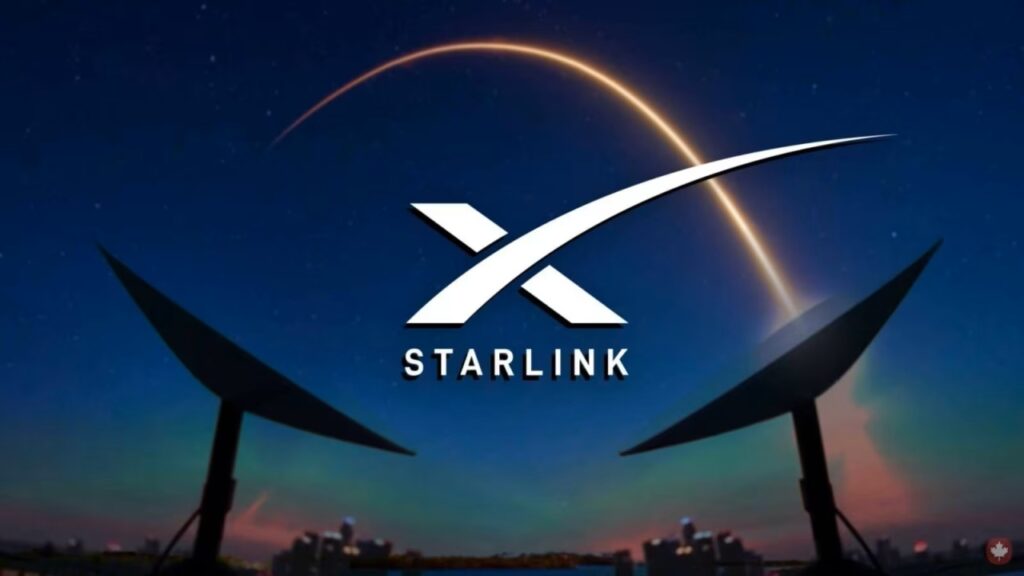
Millions of Pakistanis are struggling with frequent internet disruptions, leaving many searching for a reliable solution. The introduction of Starlink, Elon Musk’s satellite internet service, could be a game-changer for the country’s digital future. If approved by the government, Starlink has the potential to boost connectivity and open new doors for growth and innovation.
Elon Musk, known for his groundbreaking ventures, recently hinted at bringing Starlink to Pakistan. In a response to a user on the social platform X, Musk shared that Starlink’s launch in Pakistan is pending government approval. The user had expressed hope for Starlink to become a “bridge to tomorrow,” allowing Pakistanis to connect and grow. Musk’s reply fueled excitement among tech enthusiasts, sparking conversations about how this service could transform internet accessibility.
Starlink has gained global attention for providing high-speed internet in remote and underserved areas through its network of satellites. In Pakistan, where millions of people still lack consistent access to the internet, Starlink could help bridge the digital divide. The service could significantly benefit students, professionals, and entrepreneurs who depend on stable internet connectivity for education, work, and business.

Former U.S. diplomat Richard Grenell also advocated for Starlink’s launch in Pakistan, urging Musk to include the country in the growing list of regions where the service is available. This call for action aligns with the increasing demand for reliable internet as Pakistan faces challenges with its current infrastructure.
The process for bringing Starlink to Pakistan is already underway. Pakistan’s IT Minister, Shaza Fatima, confirmed that Starlink Internet Services Pakistan (Pvt.) Ltd. has applied for a license to operate in the country. Discussions between the federal government and Starlink are in their early stages, with authorities carefully reviewing the technical requirements.
The Pakistan Telecommunication Authority (PTA) is evaluating key factors such as bandwidth capabilities, uplinking specifications, and gateway infrastructure. These assessments are part of the standard procedure for licensing foreign satellite service providers. Ensuring compliance with technical and regulatory standards is crucial before granting approval for the service.
If the government approves Starlink, it could mark a significant milestone in Pakistan’s digital transformation. Reliable satellite internet could enhance connectivity in rural and remote areas where traditional infrastructure is limited. Moreover, it could help Pakistan keep up with the digital advancements seen in other parts of the world.
While the approval process is still ongoing, the anticipation around Starlink’s potential entry into Pakistan highlights the country’s growing appetite for cutting-edge technology. As discussions progress, millions of Pakistanis are hopeful that Starlink will soon become a reality, bringing the promise of a more connected and digitally empowered nation.
Read Also: Apple and Samsung Unveil New Slim Phones iPhone 17 Air and Galaxy S25 Slim!



3 thoughts on “Elon Musk plans to bring Starlink internet to Pakistan to improve connectivity and access!”